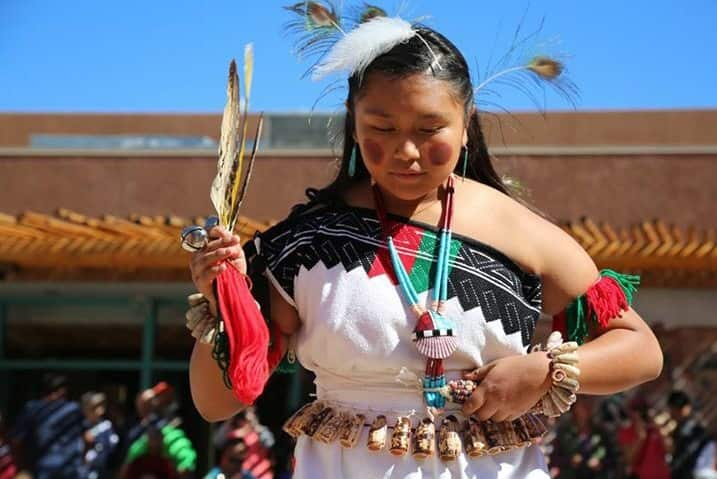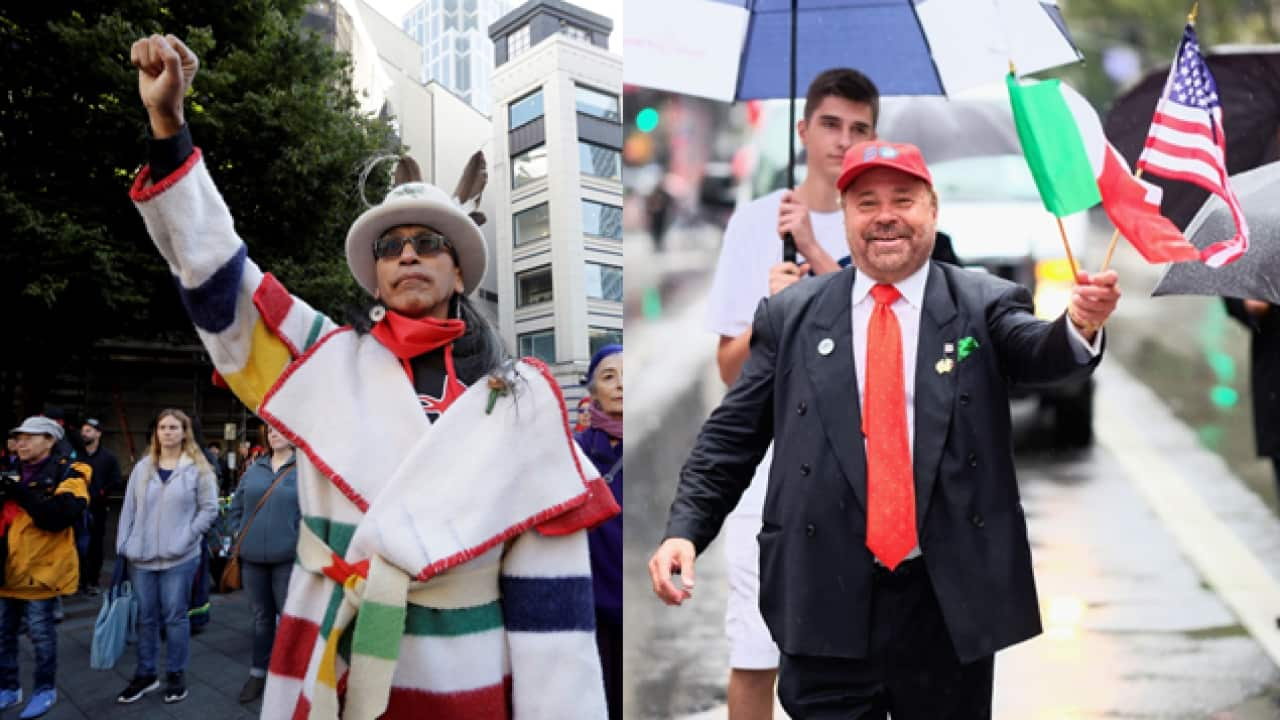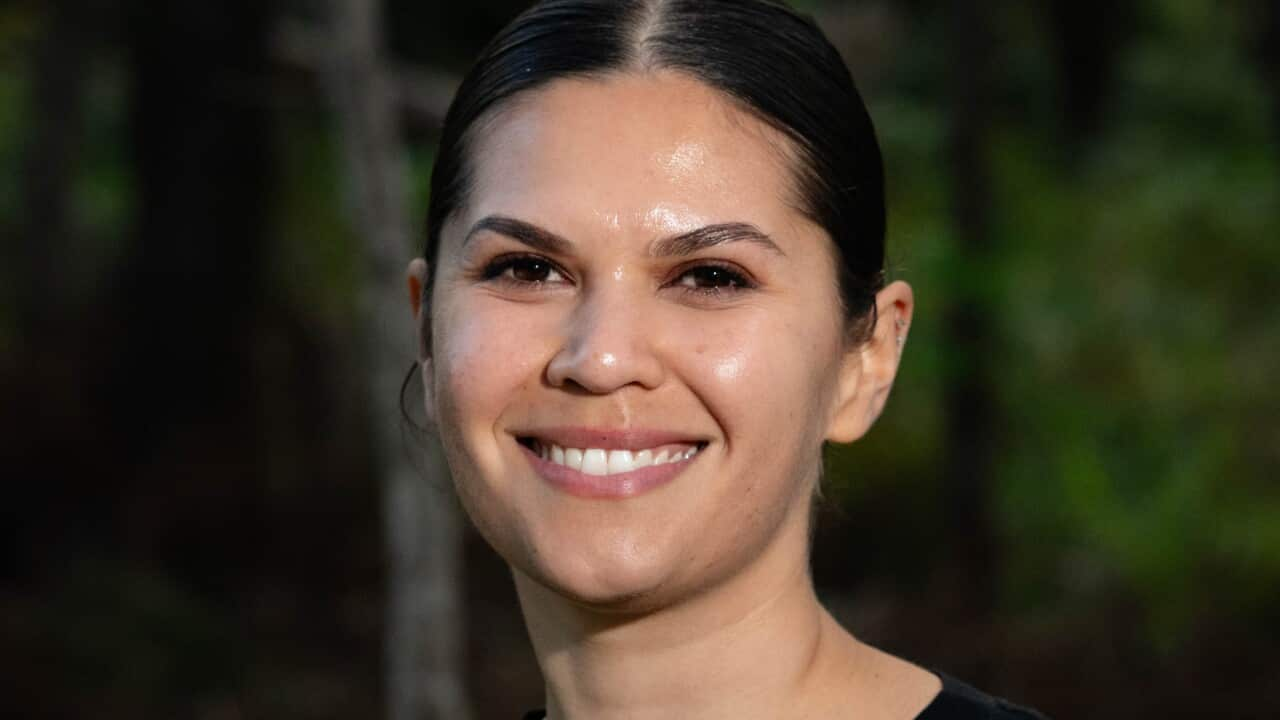Today the United States celebrates their country’s history. But depending on how cooked citizens like their colonialism, it's a choice between two opposing sentiments.
Well, not quite, and it's more or less about what city you live in. The second Monday of October (America being one day behind Australia) marks the US national holiday of both, Columbus Day and Indigenous Peoples Day.
After years of implementing Columbus Day, in recent times, various city councils and state governments are adopting to Indigenous Peoples Day.  Columbus Day, pays homage to the Italian-born Spanish maritime explorer who arrived in the Americas in 1492. Indigenous Peoples Day, promotes Native American culture and the of the country’s First Peoples. While Spanish conquerors such as, Juan Ponce de Leon were the first Europeans to actually land in the territory of modern United States in the 1500s, Columbus as the pioneer finding this 'new land' (which at the time, he thought was ).
Columbus Day, pays homage to the Italian-born Spanish maritime explorer who arrived in the Americas in 1492. Indigenous Peoples Day, promotes Native American culture and the of the country’s First Peoples. While Spanish conquerors such as, Juan Ponce de Leon were the first Europeans to actually land in the territory of modern United States in the 1500s, Columbus as the pioneer finding this 'new land' (which at the time, he thought was ).

People watch a local Tongva tribal elder speak on Hollywood Boulevard during an event celebrating Indigenous Peoples Day Source: Getty Images North America
As Columbus' expedition is responsible for the European colonisation throughout the American continent, many Latin American countries have variations of the October anniversary. From '' (Day of Race) in Argentina to 'Dia de la Resistencia Indigena' (Day of Indigenous Resistance) in Venezuela, Columbus' impact is recognised widely.
But today in the US, having both, a day to celebrate the coloniser and a day which celebrates the colonised on the same day isn’t just awkward coincidence. With the public rejecting the sentiment that the European navigator, Christopher Columbus “discovered” a land that was already occupied, the country is seeing more and more states, cities and institutions opting to recognise the long-standing culture and resilience of Native Americans.
Commemorating the anniversary of Columbus finding “the new world” has occured as far back as 1792. However, the anniversary didn't receive official ‘holiday’ status in US until the Roosevelt government instigated it in 1937. The then-President's decision was largely prompted by who wanted to honour the historic figure and their own cultural icon. As was the Ethnocentric attitude that Columbus was a "brave navigator" whose 'discovery gave promise to the world' at the time, it was not a hard sell.
Being a country which primarily operates on a state-by-state basis, not all US states participate in Roosevelt's holiday. including Oregon, Alaska, South Dakota, , Vermont and Hawaii, either avoid the national day or have adjusted it. Hawaii for example, have celebrated ‘’, which doesn't celebrate Columbus, but their Indigenous Polynesian voyagers who discovered the Hawaiian Islands. South Dakota actually pioneered the Indigenous People's Day movement to recognise Indigenous groups with ‘Native American Day’, established in 1990. And Vermont became the first state to officially replace Columbus Day for Indigenous Peoples Day.
However, the very first US municipal to symbolically rename Columbus Day as Indigenous Peoples Day was progressive Californian city, Berkeley, who suggested the day should be used for protesting against the conquest by Europeans and drawing attention to the losses of Native American tribes. This came after the Quincentennial Jubilee where organisers wanted to . But the sad reality is that w, nearly 60,000 Native Americans died in the missionaries of Spanish settlers.
Several other city councils followed suit from Berkeley's 1992 decision and now, from Albuquerque (New Mexico) to St. Paul (Minnesota) have adopted Indigenous Peoples Day across the country. Over 50 cities in America now host Indigenous Peoples Day - the most recent being and the largest city thus far, whose officials passed a motion to start adopting the day beginning from 2019.
Loni Hancock, the 1992 mayor of Berkeley and former California state senator told TIME in 2014 about his reasons for change, “[Columbus] was one of the first Europeans to get to the American continent, but there was a lot of history that came after that in terms of the wiping out of native people."
It just didn't seem appropriate. It seemed like a re-emphasising of history and recognising that to be very ethnocentric really diminishes us all.
"It just didn't seem appropriate. It seemed like a re-emphasising of history and recognising that to be very ethnocentric really diminishes us all."
Not surprisingly, Native American leaders also reject the herioc idolisation of Columbus that the day encourages,
"He [Columbus] actually led a lot of devastating movements against Indigenous people," President of the Native American Development Institute Jay Bad Heart Bull told MPR News in 2014, when the state of Minnesota began the process of .
While it's easy to draw parallels between North America's holiday division and Australia's , with citizens and councils participating in colonial conquest, unlike Australia Day, Columbus Day is not the country's national day. And from a historical perspective, Columbus' arrival to the Americas was under different circumstances to that of Arthur Phillip proclaiming (what is now known as) Australia as property of the UK, and does not signify an imperialist rule that currently looms over it.
Support for Indigenous Peoples Day may seem on the rise, however many US citizens and particularly, the Italian-American community are against - outraged, even - by the growing changes. The Basil Russo, President of the Order Italian Sons and Daughters of America, as saying,
"We had a very difficult time in this country for well over a hundred years ... Columbus Day is a day we've chosen to celebrate who we are ... And we're entitled to do that just as they are entitled to celebrate who they [Indigenous Peoples] are."
For the White House though, it's still Columbus Day. President Donald Trump made this rather clear in his first presidential of the holiday. Despite Obama including the story of Native Americans in the previous year, it appears Trump has called 'Columbus' during the flip of the colonial coin.
"The permanent arrival of Europeans to the Americas was a transformative event that undeniably and fundamentally changed the course of human history and set the stage for the development of our great Nation," .
"Therefore, on Columbus Day, we honour the skilled navigator and man of faith, whose courageous feat brought together continents and has inspired countless others to pursue their dreams and convictions -- even in the face of extreme doubt and tremendous adversity." With or without the President's support of Indigenous Peoples Day in America, the increase growing from South Dakota and Berkeley standing with Indigenous Peoples Day 30-odd years ago to now aligning is an indication that this sentiment is fast gaining momentum.
With or without the President's support of Indigenous Peoples Day in America, the increase growing from South Dakota and Berkeley standing with Indigenous Peoples Day 30-odd years ago to now aligning is an indication that this sentiment is fast gaining momentum.

A dance regalia from various Peublo tribes on Indigenous Peoples Day 2017 Source: Facebook / Indigenous Peublo Cultural Centure
While it might seem strange - divisive, even - to hold two fundamentally different memorials on the same holiday, rather than being a ying to one another's yang, the newly implemented Indigenous Peoples Day seems like an encroaching presence on the holiday.
The winds are changing, and it appears as though the national identity is too. Perhaps Columbus' ship is slowly setting sail?
Indigenous Peoples Day, 9 October is an American holiday which commemorates Native American culture.
, 9 August, celebrates the estimated 370 million Indigenous people worldwide, living across 90 countries.
, 9 August, celebrates the estimated 370 million Indigenous people worldwide, living across 90 countries.












